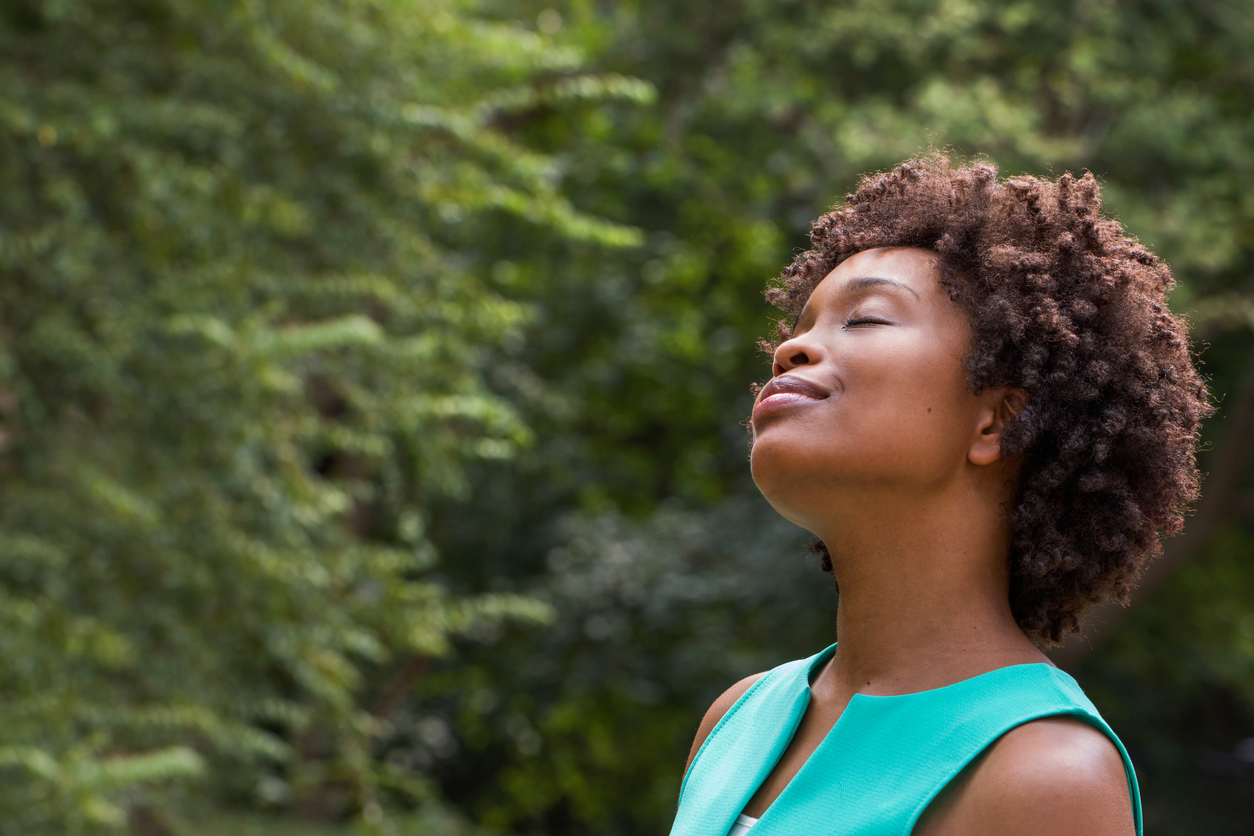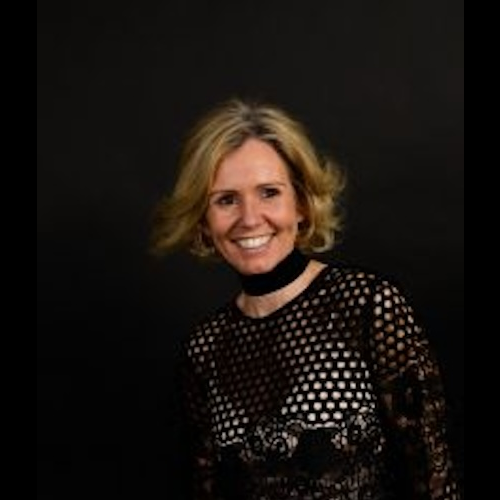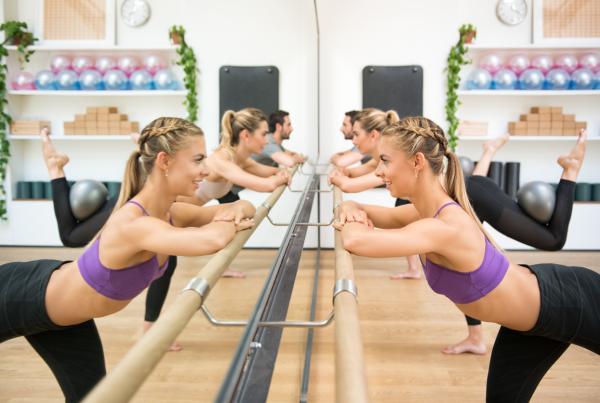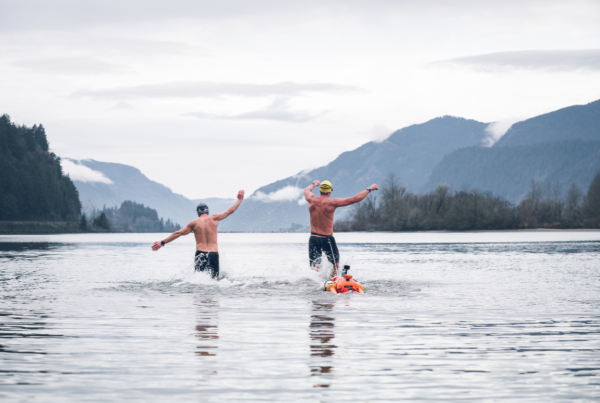Jayne Nicholls is eager to open a conversation about imposter syndrome – why we get it and how we can overcome it.
Who the hell are we in this fast-moving industry that thrives on confidence, self-assurance and presentation? How far can we go when deep down our subconscious is labelling us as a fraud? I want to help you to add perspective and context to imposter syndrome, which may be manifesting as self-sabotage and stopping you from taking your next step towards greatness.
We are often our own worst critics and imposter syndrome is a broad-spectrum condition where our fears and traits can limit our own self-belief, which in turn can limit our performance and our ultimate success. Imposter syndrome is not directly linked to a lack of confidence, it is driven by much deeper insecurities that do not allow us to accept that our best is ever enough. These feelings are fuelled by our internal belief system and by external influences. Here we will look at how imposter syndrome can stop us in our tracks before we even start and also derail us at the very time we should be enjoying the rewards of success.
Let’s take a look at the basic scale of competency and where we fit into it:
- Unconscious incompetence – this stage thrives on the mantra that “ignorance is bliss”, where people just do it because they can. These people do not lack skill or integrity, they are just blissfully unaware of what they need to do the job – for example, the correct qualifications and insurance. They do not know that there are bodies and organisations that govern the industry; they are attracted by the actions of others and are led by their vision of the outcome.
- Conscious incompetence – typically the opposite to the above, where people are entering the industry via the route of study, ticking all the right boxes in order to become qualified before they take on the role that they desire.
- Conscious competence – all set to get going, still learning, somewhat cautious but aware there is nothing to stop them from achieving their goal, while knowing there is so much more to do in the future.
- Unconscious competence – the master! Those who do not even question their ability.
We are not governed by the above; self-awareness and introspection will quickly identify where we sit on the scale of competence in all areas of our life. The issue with imposter syndrome occurs when we are conscious of our abilities and yet unable to rid our unconscious from its need to self-defeat.
So, what does imposter syndrome thrive on and why is it rife in our industry?
Do I look the part?
If you picture a busy train first thing in the morning, packed with people going to work, you have no idea who is an accountant, a solicitor, etc and you would not necessarily suppose who is good or bad at their job just by looking at them. In the health and fitness industry, we are immediately identified by what we wear and how we look. The pressure on us to look and act in a certain way, regardless of our level of competence, is immense. This is intensified by the current trends of social media, where we are visually bombarded by the aesthetically typical trainer and mentally coerced into believing that the sum of success is conveyed via the written word or the regularity/popularity of our posts.
Do I know enough?
I see this so much when fit pros segway from fitness to yoga; they seem to lose sight of their previous professional knowledge and expertise, ignoring that the overlap from physical fitness to physical yoga is huge. This can often come down to the learning journey. We are led to believe there is a better or best way to qualify for the role of great teacher but, as society moves so quickly and in so many directions, we must understand that this opens new and diverse approaches to our end goal.
Will I get it right?
How many times do we leave a course and convince ourselves that we will practise until it is right and then go out and teach? This bizarre need for our content to be perfect before we even start is perhaps the most self-defeating trait of all. Perhaps this is born out of the trend of teaching third-party content. We learn the template and present the product. When we are then thrown into a situation where we have to produce our own content and find our own words to express this to our audience, we become riddled with self-doubt. I am constantly reminding people there is only one route from perfect and that is down. The road from consciously incompetent to perfection is “the journey” and one that should be ultimately indulged.
Will I ever be as good as …?
Most of us work on our own and it can be a lonely process. In this instance, we create role models who fulfil our image of the best we can be at our job. When we do this, we may raise the bar a little too high and never live up to our perception of what makes a master in our field.
If you have studied Mindfulness & Breathwork – The Essentials with me, you will be on the road to understanding how a mindful approach to what we say and how we say it in our role as instructor can be one of the most self-empowering tools available to us. At the end of the day, the ability to notice results and an ability to change. If you know yourself, understanding your strengths and limitations, you will become more adept at accepting failure or weakness and, more importantly, allow yourself to feel EXCELLENT where deserved.








